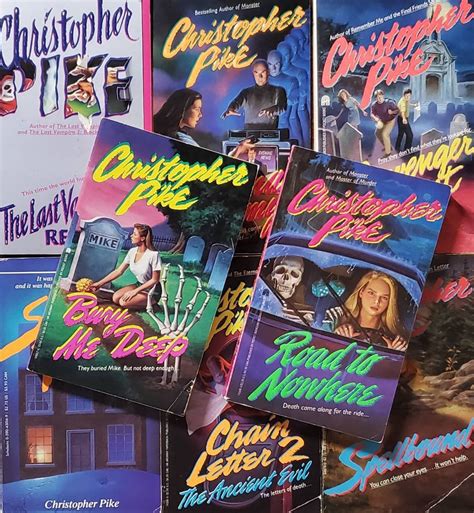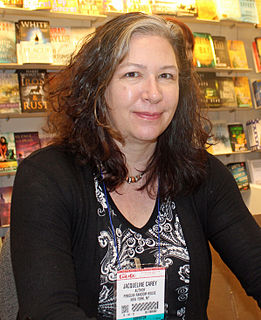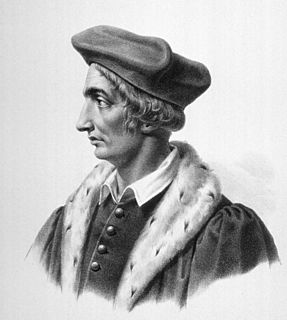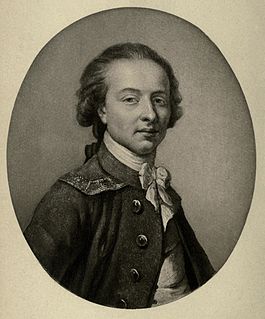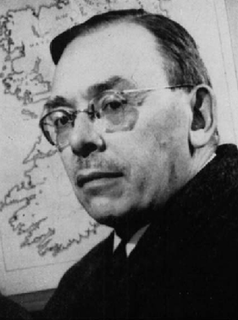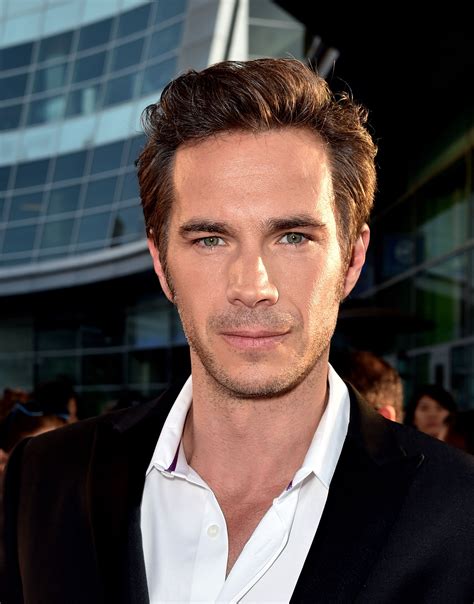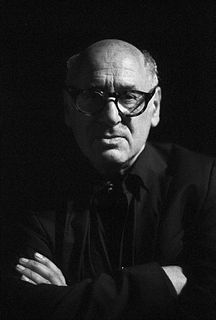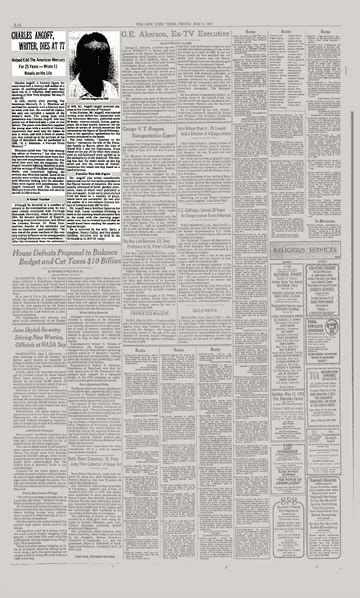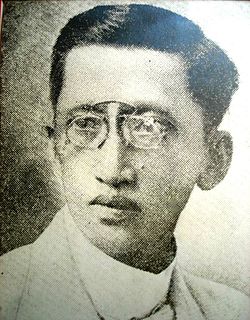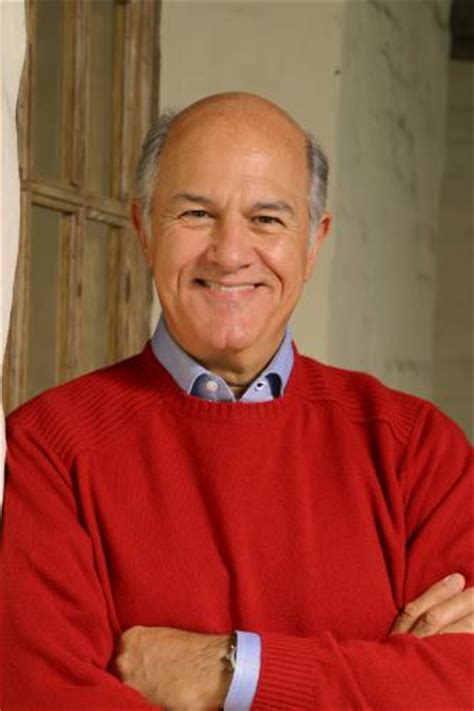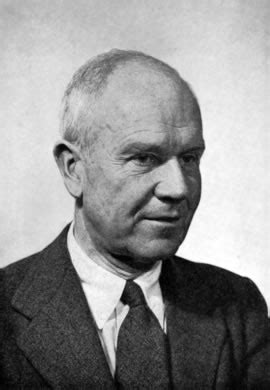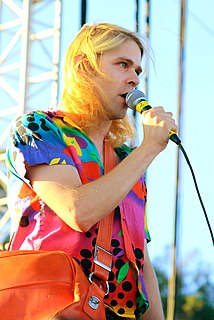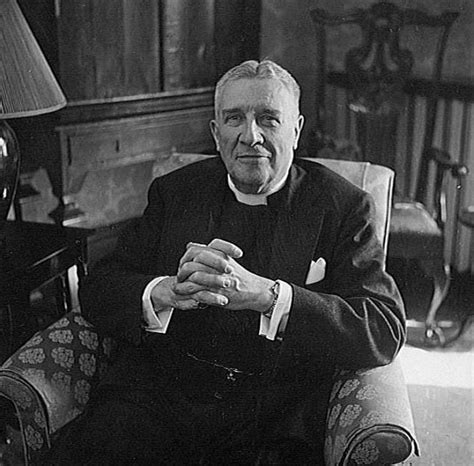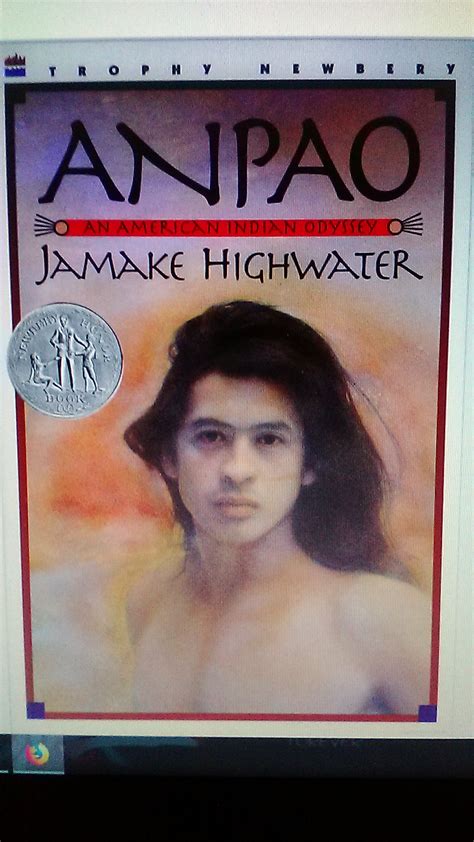Top 1200 Events In History Quotes & Sayings
Explore popular Events In History quotes.
Last updated on November 1, 2024.
I want my work to become part of our visual history, to enter our collective memory and our collective conscience. I hope it will serve to remind us that history's deepest tragedies concern not the great protagonists who set events in motion but the countless ordinary people who are caught up in those events and torn apart by their remorseless fury. I have been a witness, and these pictures are my testimony. The events I have recorded should not be forgotten and must not be repeated.
Oral history is a research method. It is a way of conducting long, highly detailed interviews with people about their life experiences, often in multiple interview sessions. Oral history allows the person being interviewed to use their own language to talk about events in their life and the method is used by researchers in different fields like history, anthropology and sociology.
Art may not have the power to change the course of history, but it can provide a perspective on historical events that needs to be heard, even if it's seldom heeded. After all the temporary influences that once directed the course of history have vanished, great art survives and continues to speak to each generation.
What initially attracted me to The Seventh Seal was that it had values and characteristics which I was familiar with in other art forms, most notably, the European novel and certain forms on English drama, and indeed, in relation to my rather academic interest in history -- not "history" in the normal sense, but history as a form of entertainment . It might be a very unfashionable view but I believe that history is an amazing bank or reserve area of plots, characterisations, extraordinary events, etc.
That as people age, accumulate more and more private experiences, their sense of history tightens, narrows, becomes more personal? So that to the extent that they remember events of social importance, they remember only for example 'where they were' when such-and-such occurred. Et cetera et cetera. Objective events and data become naturally more and more subjectively colored.
The history of life is more adequately represented by a picture of 'punctuated equilibria' than by the notion of phyletic gradualism. The history of evolution is not one of stately unfolding, but a story of homeostatic equilibria, disturbed only 'rarely' (i.e. rather often in the fullness of time) by rapid and episodic events of speciation.
Today’s events are tomorrow’s history, yet events seen by the naked eye lack the depth and breadth of human struggles, triumphs and suffering. Writing history is writing the soul of the past… so that the present generation may learn from past mistakes, be inspired by their ancestor’s sacrifices, and take responsibility for the future.
I think I regard any history in quotes, because just like science, we're constantly revising science, we're constantly revising history. There's no question that various victors throughout history have flat out lied about certain events or written themselves into things, and then you come along and you find out that this disproves that.
In historic events, the so-called great men are labels giving names to events, and like labels they have but the smallest connection with the event itself. Every act of theirs, which appears to them an act of their own will, is in an historical sense involuntary and is related to the whole course of history and predestined from eternity.
There is, for instance, only one page at the beginning of Runciman's three-volume History of the Crusades describing how the participants decided to begin four hundred years of wars, and then several thousand pages devoted to the routes, battles and other events which make up the "history" of the Crusades.
